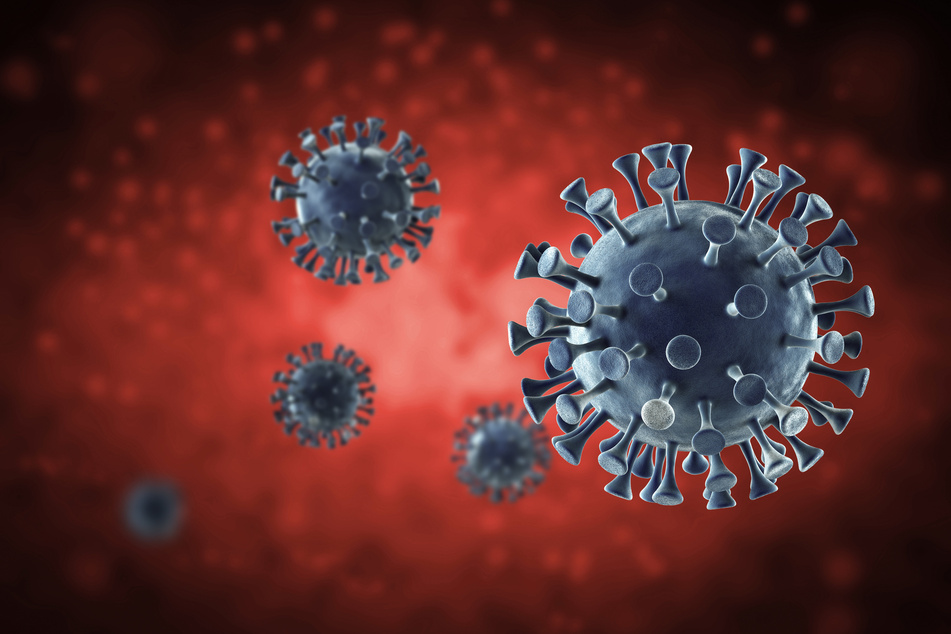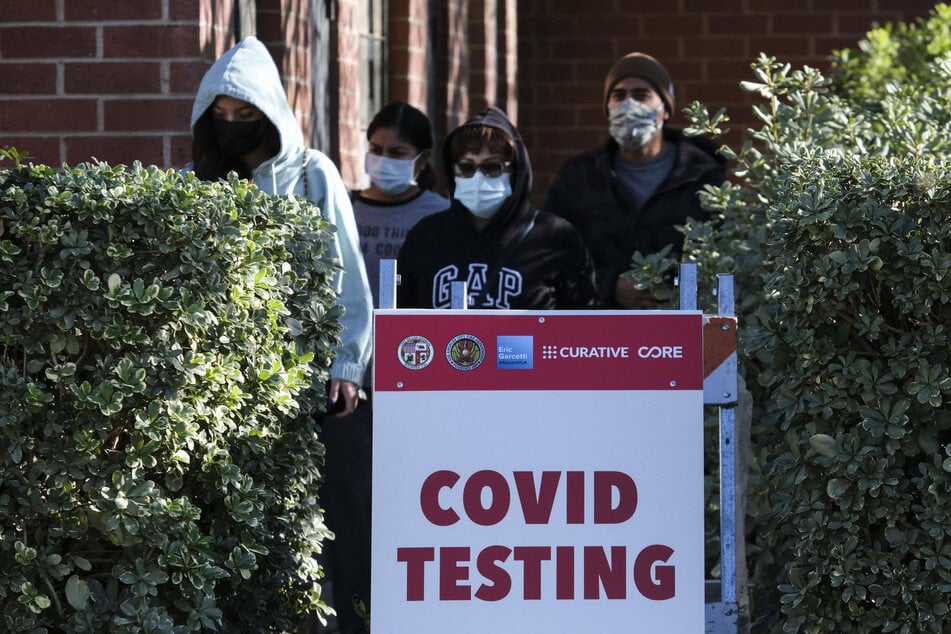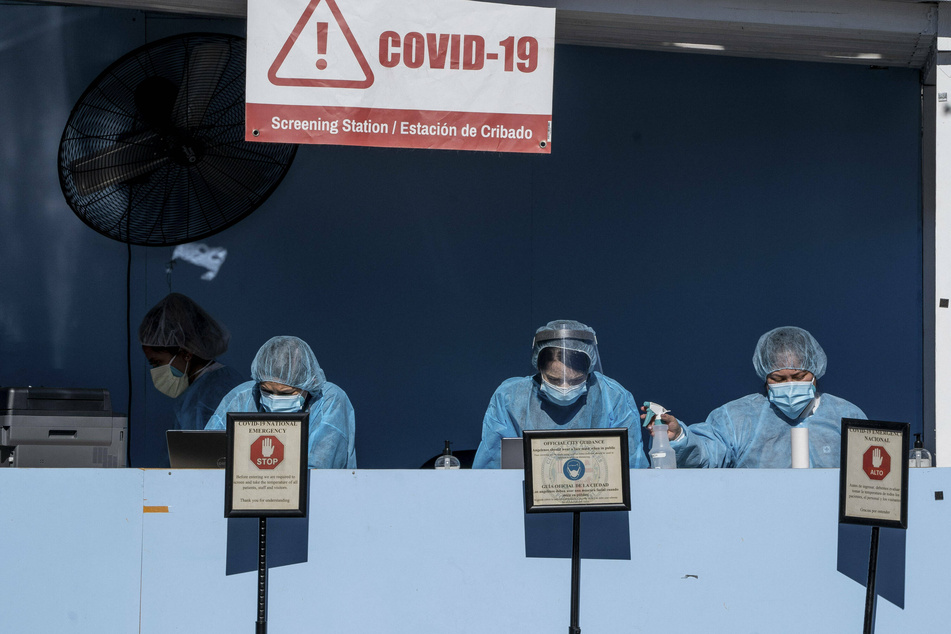New, possibly more contagious virus strain detected in California
Los Angeles, California - The new, potentially more contagious coronavirus strain that’s caused concern in Europe has been detected in the Big Bear area, bringing the total number of such cases in California to at least six, officials have announced.

The variant was found in two members of the same household who were tested for the virus December 20, the San Bernardino County Department of Public Health said in a news release. One of them had contact with a traveler who returned from Britain on December 11 and began to have Covid-19 symptoms three days later, officials said.
An investigation was still under way to determine whether the traveler, also a resident of the Big Bear area, had the variant as well, or had infected others, county officials said Saturday. Four other cases were identified this week in San Diego County.
The United States now requires travelers to provide proof of a negative coronavirus test before flying from the UK, but the rule didn’t take effect until Monday.
That came after news of the strain, known as B.1.1.7, was announced in England before Christmas and then confirmed in the US for the first time Tuesday in Colorado. Florida has also reported a case.
Experts say there’s no evidence that the variant is deadlier, causes more severe illness or renders existing vaccines ineffective.
New Covid-19 strain is more contagious, scientists say

Still, a distinctive set of genetic alterations appears to make the virus easier to transmit from person to person and improve its ability to sneak past the immune system’s defenses, sparking fear it could cause new cases to surge even more rapidly as a sluggish vaccination roll-out struggles to get under way, and many hospitals are already overwhelmed by Covid-19 patients.
"Based on the information currently available, we know that the B.1.1.7 variant strain seems to spread more easily and quickly," Dr Michael Sequeira, San Bernardino County’s health officer, said in a statement. "Therefore, following all safe practices is more important than ever."
Scientists aren't yet sure how prevalent the variant is in the US, but evidence is mounting that it may already be spreading in some communities.
The first US case, a Colorado National Guardsman in his 20s who had been sent to help a Simla nursing home deal with an outbreak, had not travelled outside the country, officials said. A second Guard member was also suspected to have the variant, according to authorities.
On Wednesday, officials announced the variant had been identified for the first time in California, in a San Diego County man in his 30s who also had no recent history of travel. Tests were pending to determine whether one of the man’s household contacts had the variant after that person was hospitalized with Covid-19, officials said.
The next day, county public health officials said they believed the strain was widespread in the area: Whole genome sequencing had confirmed three more cases in men who hadn't had contact with each other.
The men – two in their 40s and one in his 50s – also hadn't had any interaction with the first confirmed case. Two of them hadn't travelled outside the country; the third had yet to be fully interviewed, officials said.
Health officials expect more cases to emerge in the coming days

In all, the four cases of the variant were detected in communities spread across San Diego County: La Mesa, Mission Beach, Otay Mesa, and the Carmel Mountain area, suggesting it's already gained a foothold in the region, officials said.
"We believe that many more cases of the B.1.1.7 strain will be confirmed in the coming days and weeks," Dr Eric McDonald, a county public health official, said in a statement.
Officials have yet to find evidence of the variant in Los Angeles County, the state's most populous county and hardest-hit by the virus. But that doesn't mean it's not circulating, Public Health Director Barbara Ferrer cautioned.
"We have thousands and thousands of people getting tested every day, and we are just able to sample a small number of those test results and do the gene sequencing," Ferrer said during a briefing earlier in the week.
Florida on Thursday became the third state to announce that it had identified the variant, in a Martin County man in his 20s who hadn't recently travelled.
Experts say the development is no surprise: viruses tend to mutate the more they replicate. Most mutations have no effect on how a virus functions, but sometimes, they can alter how a virus behaves.
In this case, the changes may have made the virus up to 70% more transmissible, fuelling a rapid spread of new cases in London and southern England, Prime Minister Boris Johnson said last month as he announced renewed lockdown measures across much of the country.
The discovery has also prompted other countries to restrict or ban travel from Britain.
Some scientists, however, are skeptical that the genetic changes in the strain make it more contagious and say that more study is needed to determine whether other factors, like population density, different rates of mask-wearing and varying compliance with social distancing rules, could explain the variant's spread in England.
Cover photo: 123RF/Kittipong Jirasukhanont